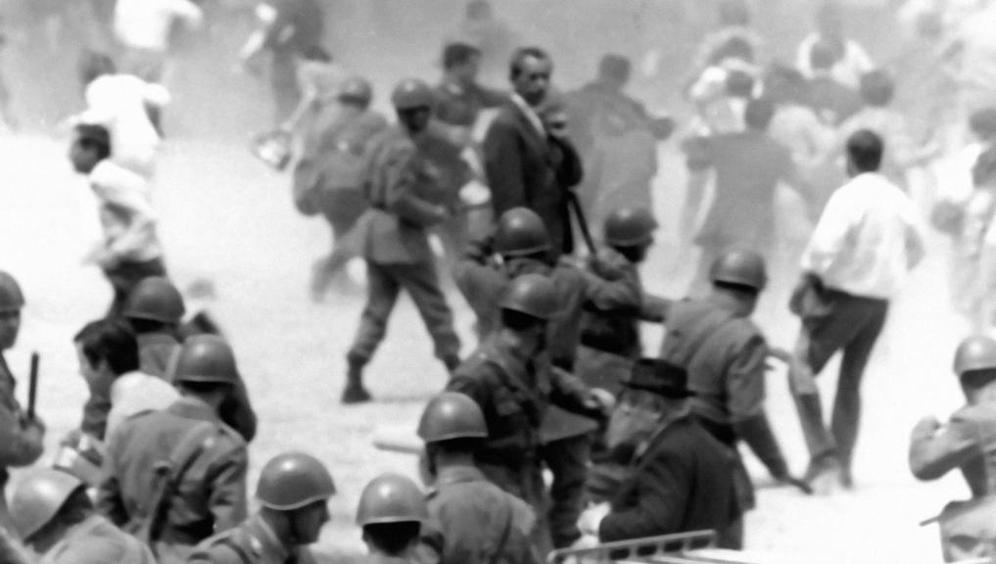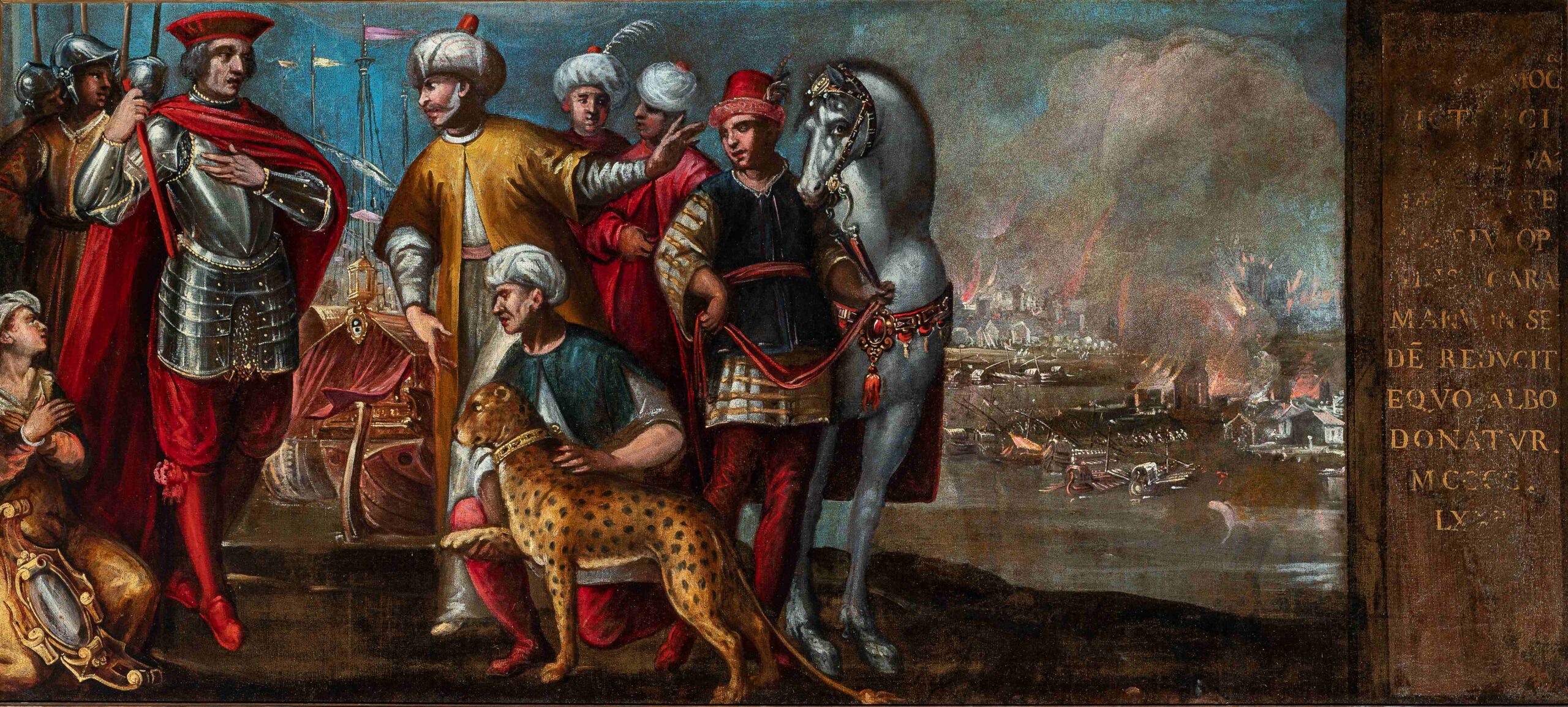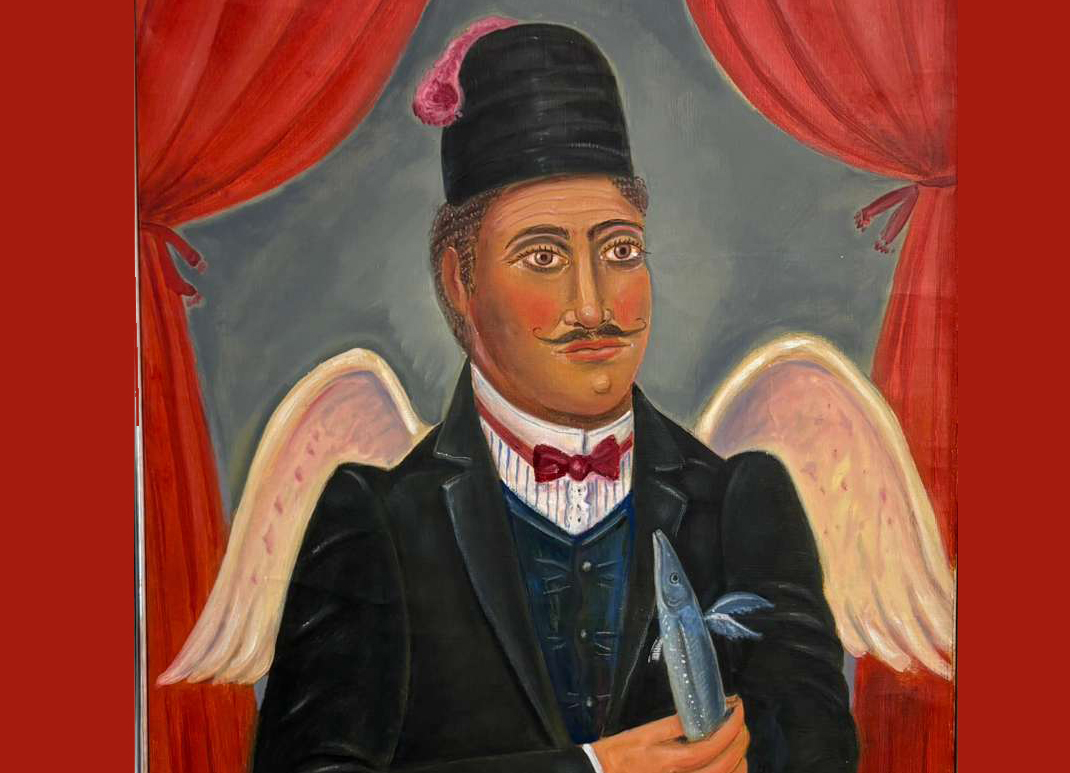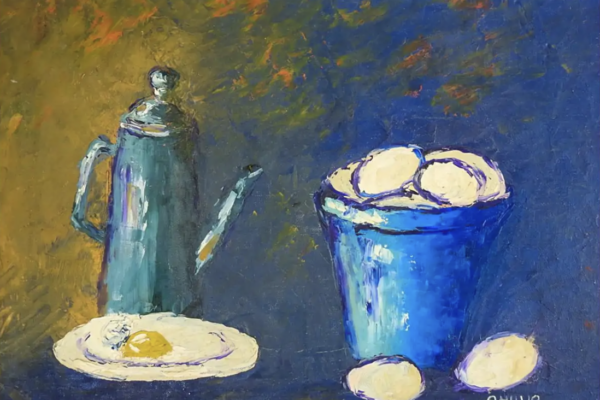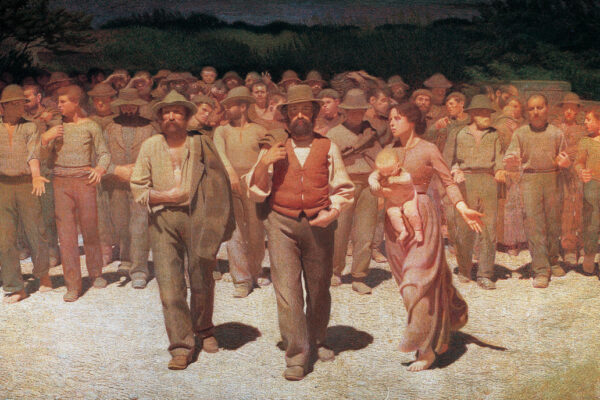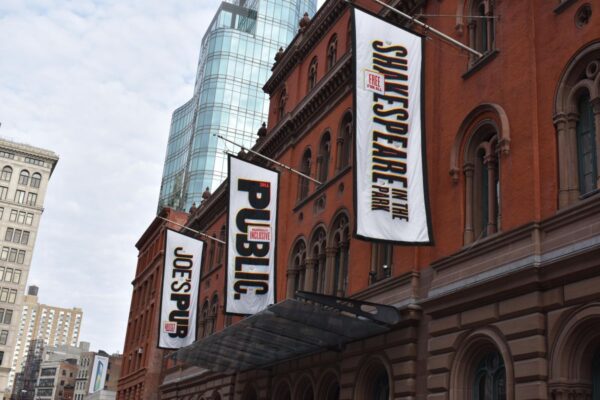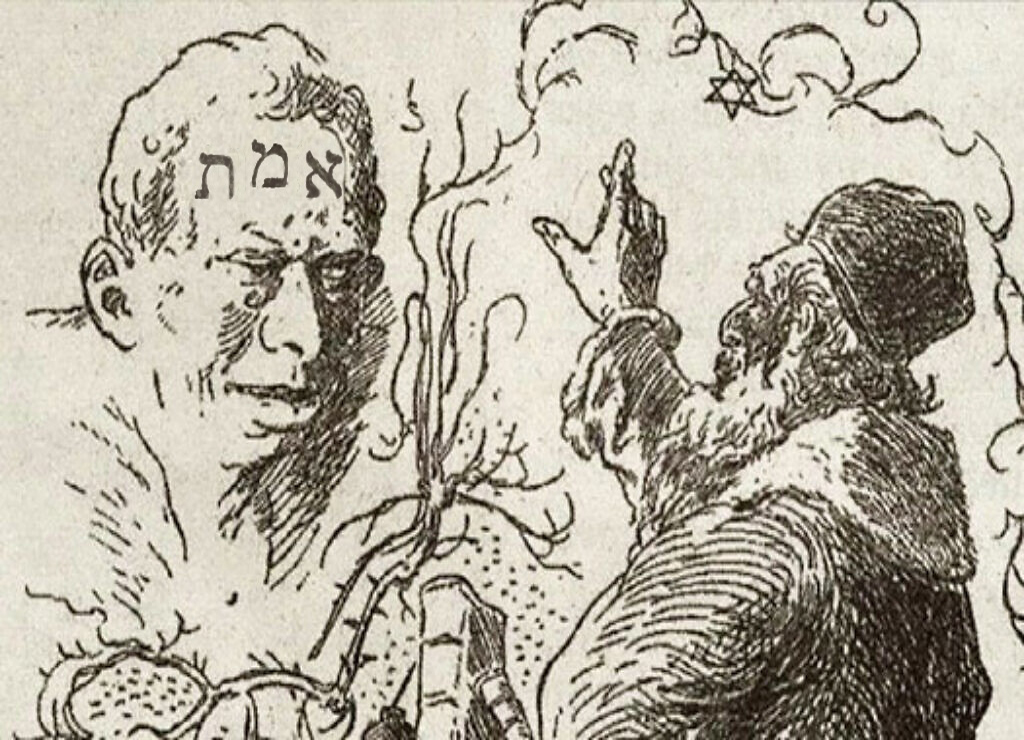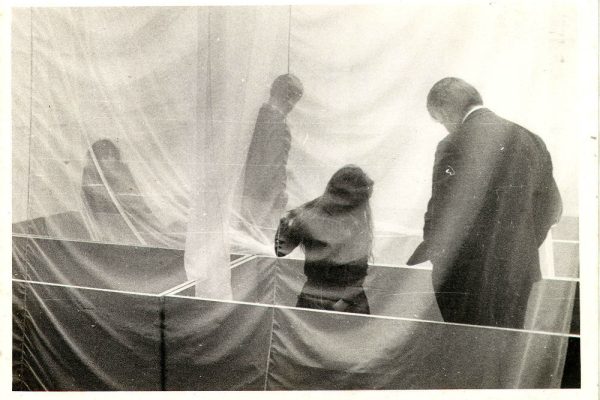We are posting Pierpaolo Pasolini’s 1968 letter to the students in revolt to invite reflection on the continuities and discontinuities of students’ protest, consider what has happened since and think retrospectively about Pasolini’s concerns and criticism. The English version of the letter is a slightly modified version of a translation made by students at Dartmouth College.
Letter to the Students, Pierpaolo Pasolini, 1968
You’re late, kids.
And it is of no importance if you had not been born yet…
It is sad.
The polemic against
the PCI (Communist Party) should have been made
during the first half of the past decade.
Now the journalists of the world (including
those on television)
kiss (as I believe one still says in the language of the university) your asses.
Not I, friends.
You have daddy’s boy faces
You were born with silver spoons in your mouths.
Good pedigree does not lie.
You all have the same spiteful look.
You are fearful, uncertain, desperate
but you also know how to be
arrogant, manipulative, and self-assured:
the prerogative of the petty bourgeois, friends.
When yesterday at Valle Guilia
you came to blows
with the policemen
I sympathized with the policemen!
Because the policemen are the children of the poor
They come from the peripheries, rural or urban.
As for me, I know very well
their way
to have been kids and teenagers,
the precious thousand liras,
the father who remained a kid as well,
because poverty stripped him of authority.
The mother callous as a porter,
or tender,
due to some illness,
as a bird;
the many siblings,
their dwelling
between the gardens with red sage (in lands
owned by others, and allotted to them);
low
on sewers, or the apartments in the large
tenements …
And then, look at them: dressed like clowns,
with the rough fabric with rancid stench
Worst of all, naturally, the psychological state
to which they are reduced
for about forty liras a month:
without a smile,
with no more friendship with the world,
separated, excluded (in an exclusion that has no equal)
humiliated by the loss of human qualities
in exchange for those of a policeman
(being hated makes you hate).
They are twenty, dear young men and women, your age.
We obviously are in agreement
against the police institution
But blame the Judiciary, and then see!
The young policemen that you,
for sacred hooliganism (of noble Risorgimental tradition),
you spoiled children, you have beaten,
belong to another social class.
At Valle Giulia, yesterday,
there was a fragment
of class struggle:
and you, friends (although in
the right) were the rich ones,
while the policemen (who were in the
wrong) were the poor ones.
Great victory is, therefore,
yours!
In these cases,
the cops should
get flowers, friends.
(source, students of Dartmouth College)
Italian text
Siete in ritardo, figli.
E non ha nessuna importanza /
se allora non eravate ancora nati…
Adesso i giornalisti /
di tutto il mondo /
(compresi quelli delle televisioni)
vi leccano (come credo ancora si dica /
nel linguaggio delle Università) il culo.
Io no, amici.
Avete facce di figli di papà.
Buona razza non mente.
Avete lo stesso occhio cattivo.
Siete paurosi, incerti, disperati
(benissimo) ma sapete /
anche come essere
prepotenti, ricattatori e sicuri:
prerogative piccoloborghesi, amici.
Quando ieri a Valle Giulia /
avete fatto a botte
coi poliziotti,
io simpatizzavo coi poliziotti!
Perché i poliziotti sono figli di poveri.
Vengono da periferie, /
contadine o urbane che siano.
Quanto a me, conosco assai bene
il loro modo di esser stati /
bambini e ragazzi,
le preziose mille lire, il padre rimasto /
ragazzo anche lui,
a causa della miseria, che non dà autorità.
La madre incallita come un facchino, /
o tenera,
per qualche malattia, come un uccellino;
i tanti fratelli, la casupola
(….)
E poi, guardateli come li vestono: come pagliacci,
con quella stoffa ruvida che puzza /
di rancio fureria e popolo. /
Peggio di tutto, naturalmente,
è lo stato psicologico cui sono ridotti
(per una quarantina di mille lire al mese):
senza più sorriso, senza più amicizia col mondo,
separati, esclusi (…)
Siamo ovviamente d’accordo contro /
l’istituzione della polizia.
Ma prendetevela contro la Magistratura, /
e vedrete!
I ragazzi poliziotti
che voi per sacro teppismo /
di eletta tradizione risorgimentale)
di figli di papà, avete bastonato,
appartengono all’altra classe sociale.
A Valle Giulia, ieri, si è cosi avuto /
un frammento
di lotta di classe: e voi, amici /
(benché dalla parte
della ragione) eravate i ricchi,
mentre i poliziotti (che erano dalla parte
del torto) erano i poveri.
Bella vittoria, dunque,
la vostra! In questi casi,
ai poliziotti si danno i fiori, amici.
Image: Students and police clash at Valle Giulia, March 1968


